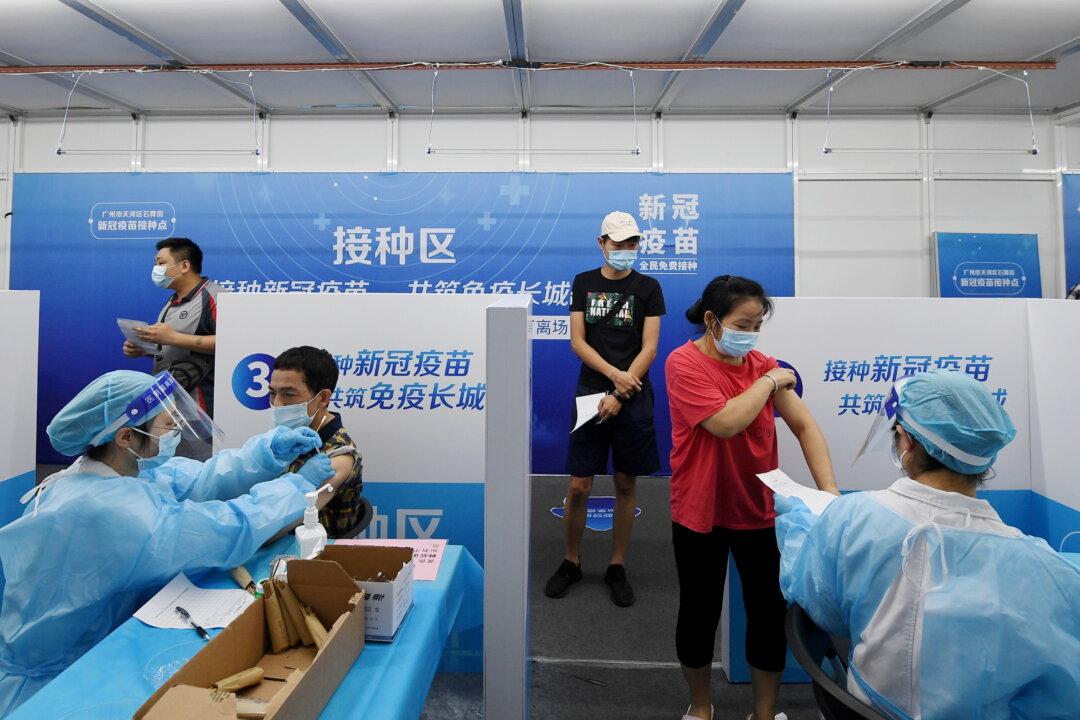Ren Chuanlan, a 63-year-old citizen from Shandong Province, sought treatment at the Yankuang Group General Hospital for acute abdominal pain. In order to carry out nuclear experiments, the hospital implanted dangerous radioactive pellets into her body. The physician said she had terminal colon cancer when in fact, hospital records indicated this was not the case. She later died from very painful complications.
Radioactive Pellets Implanted Without Her Knowledge
The Yankuang Group General Hospital is a well-known hospital located in Zoucheng City, in Shandong Province. Ren Chuanlan, the mother of hospital employee Li Jifeng, suddenly developed acute abdominal pains in June 2001. The doctor in the emergency unit at the hospital diagnosed her condition as appendicitis.
Ren Chuanlan’s abdominal pains returned in August 2001. This time the hospital diagnosed her condition as terminal colon cancer. They performed a right hemicolectomy operation.
During the surgery, unknown to the patient and family, Ren Chuanlan’s duodenum and other areas were implanted with five packets of radioactive iodine-125 pellets. After the operation, the side effects from the radioactive pellets caused horrendous consequences. The originally healed incision opened again and her intestines ulcerated, forming fistula and causing the intestinal and excrement fluids to flow out from the abdomen.
Ren Chuanlan’s son, Li Jifeng, questioned Dr. Jiang Sifeng, the physician in attendance, and asked him to explain what the problem was. He said that there was decomposed cancer tissue, a reaction to a “radioactive factor” and “a good thing.” Li asked if it would lead to decomposition of the intestines. Jiang hesitated for a while and then replied, “I have no experience in this area and I am not clear about it.”
Li Jifeng began to have doubts and asked to see his mother’s medical records but the hospital refused. The family went to the pathology room to check the original medical records and discovered that his mother’s original diagnosis was not terminal cancer at all.
The Truth Revealed



